Keeping vaccines cold
Walk-in coolers provided by the COVAX Facility are helping to strengthen vaccine storage facilities around Nepal – crucial as the country seeks to accelerate its ongoing COVID-19 drive.
- 8 March 2022
- 2 min read
- by UNICEF Nepal

To support Nepal in expanding and improving its vaccine storage capacity, ten walk-in coolers have recently been delivered to the Government through the COVAX Facility.
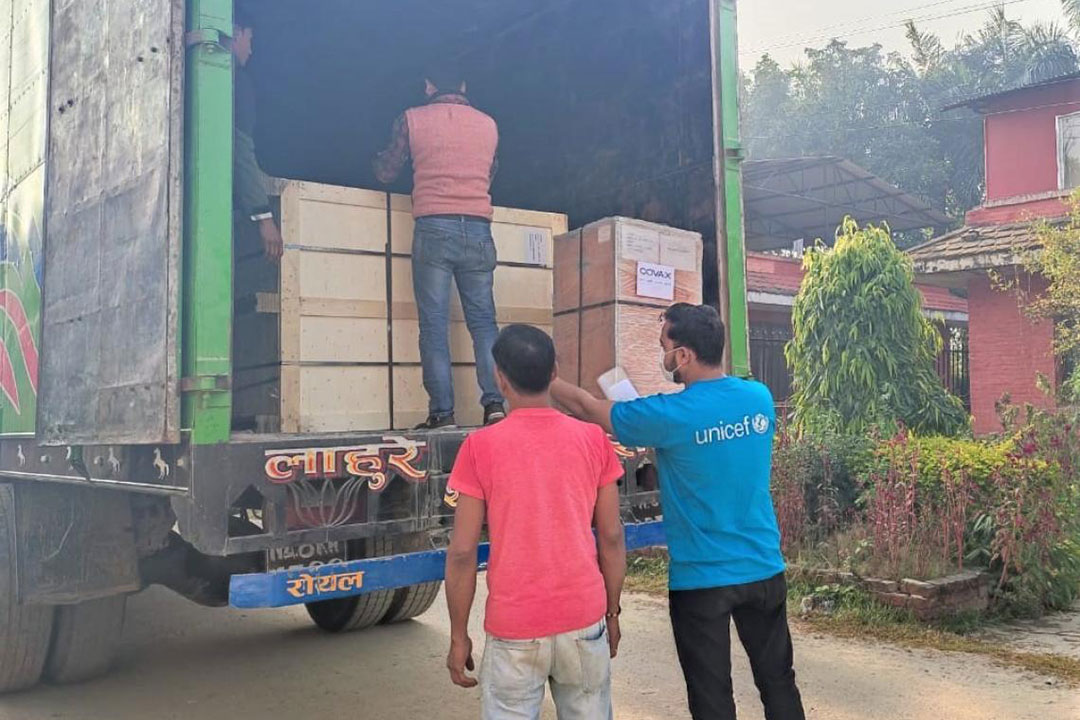
@ UNICEF Nepal/2021
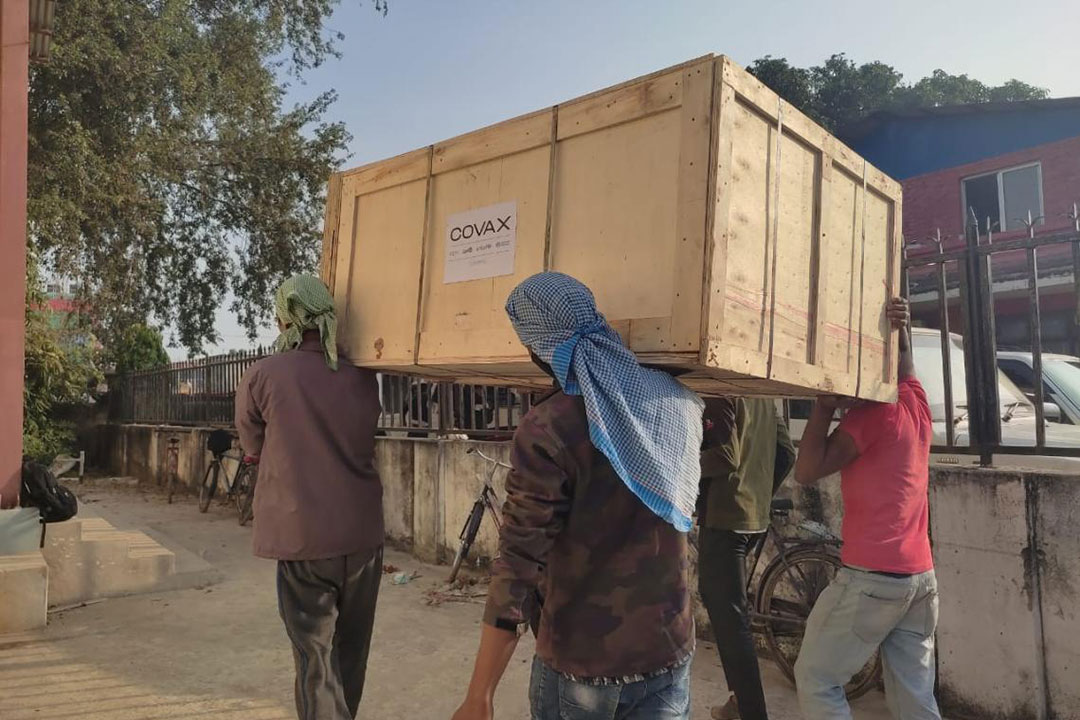
@ UNICEF Nepal/2021
Each of these 40 cubic metre walk-in coolers or cold-rooms have the capacity to store 10,000 liters worth of COVID-19 vaccines at temperatures between 2 to 8°C.
Of the ten such cold rooms, two have been installed at the Central Vaccine Store in the Department of Health Services in Teku, Kathmandu. Two others have been set up at the Provincial Health Logistics Management Centre or PHLMC in Dhanusha in Province 2, and one each at PHLMCs in Provinces 1, 3, Gandaki, Lumbini, Karnali and Sudurpaschim.
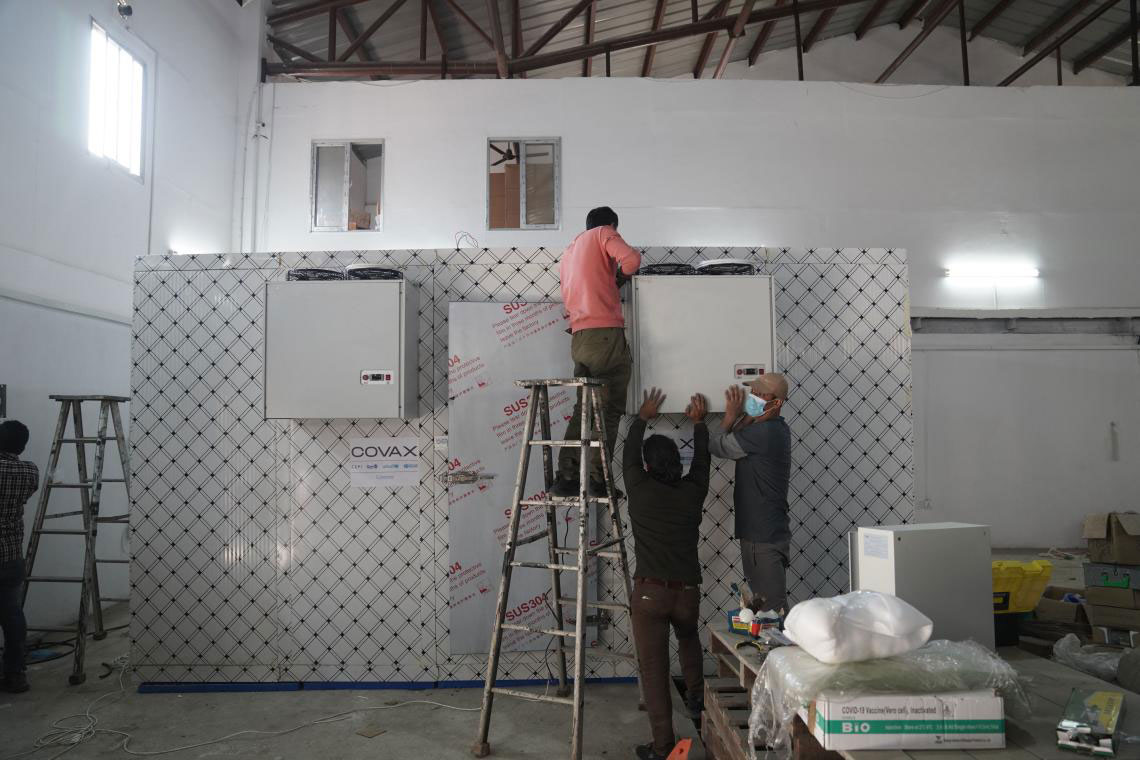
@ UNICEF Nepal/2021/LPNgakhusi
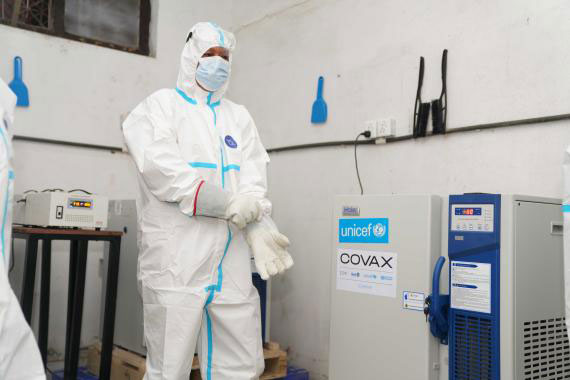
@ UNICEF Nepal/2021/LPNgakhusi
This more recent support comes in addition to the four ultra-cold freezers delivered a few months ago by UNICEF through COVAX support – the first of their kind in the country – for the specific needs of COVID-19 vaccines that require storage at lower temperatures.
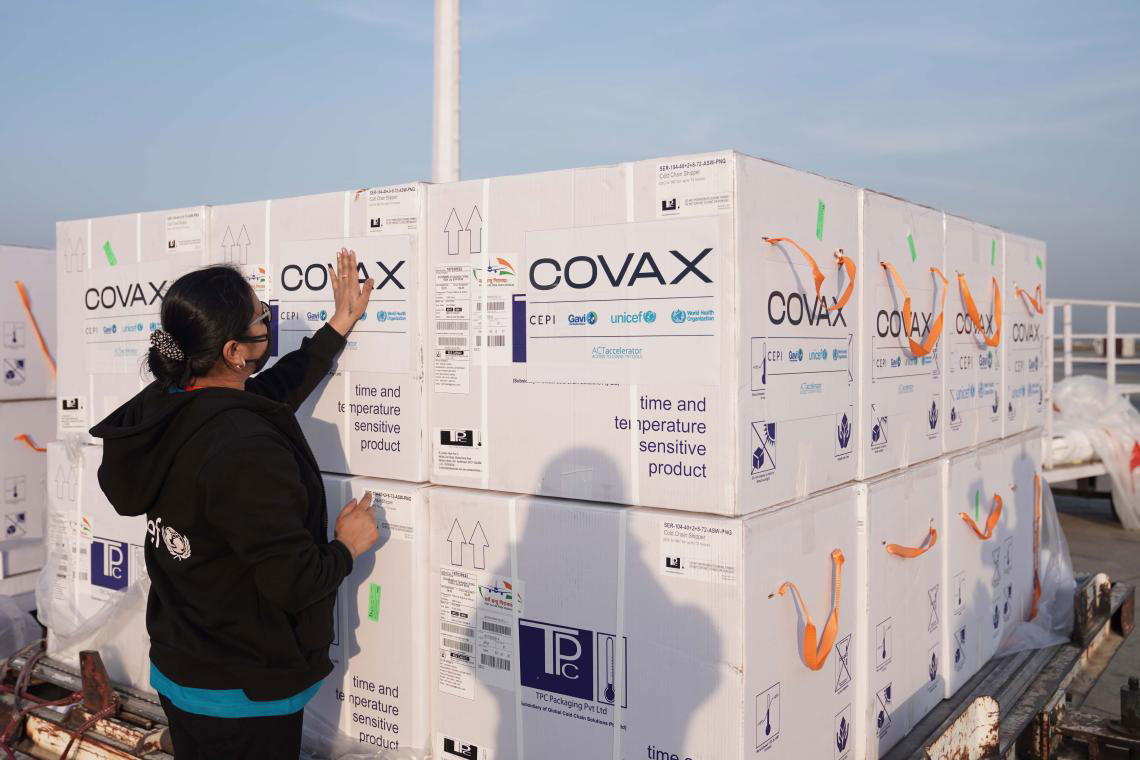
@ UNICEF Nepal/2021/LPNgakhusi
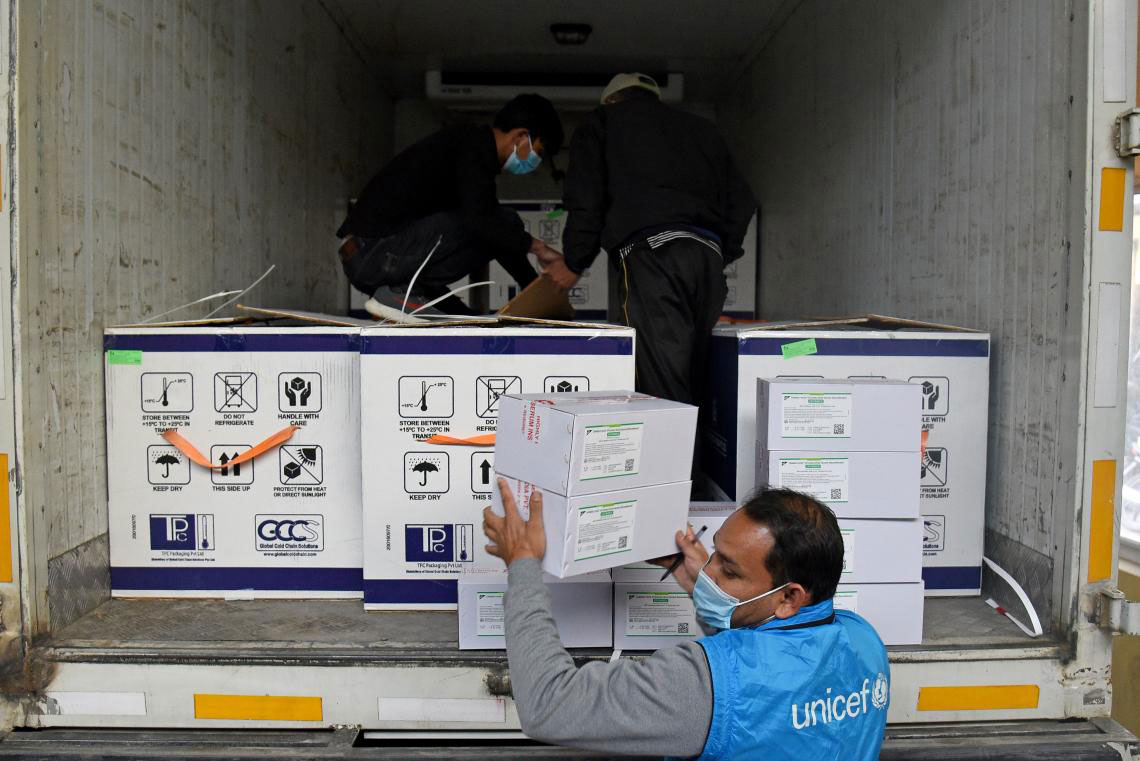
@ UNICEF Nepal/2021/ADhakal
Large quantities of COVID-19 vaccines have arrived in Nepal over the past few months, including those brought in through the COVAX Facility. Between 29 November and 20 December alone, over 7.7 million doses of different COVID-19 vaccines were shipped to the country via the Facility.
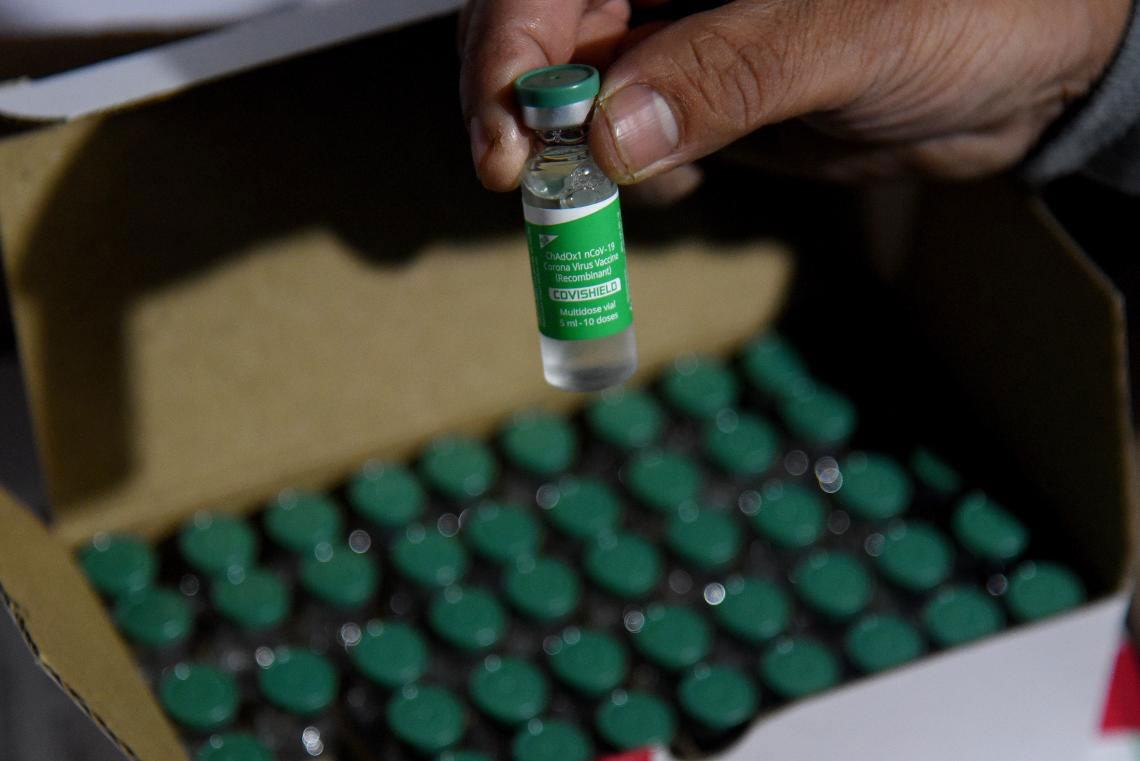
@ UNICEF Nepal/2021/ADhakal
Efforts to strengthen and boost Nepal’s existing cold chain is therefore the need of the hour, crucial to accelerating the ongoing COVID-19 vaccine drive and ensuring more families and communities across the nation can be protected.
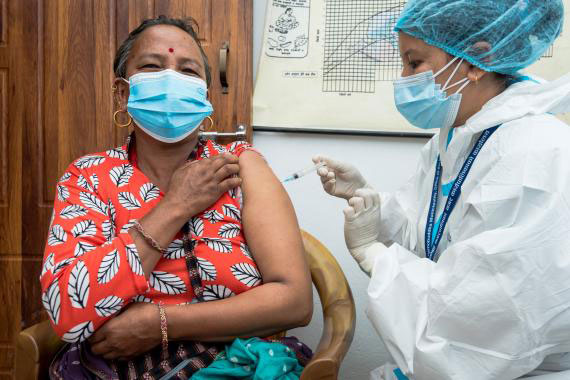
@ UNICEF Nepal/2021/RUpadhayay
And this includes in times beyond the pandemic, where this equipment will continue to serve and boost routine vaccination programmes.
The COVAX Facility is a partnership between CEPI, Gavi, UNICEF and WHO, made possible through generous support from partner governments, international organizations, foundations and the private sector.
More from UNICEF Nepal
Recommended for you






